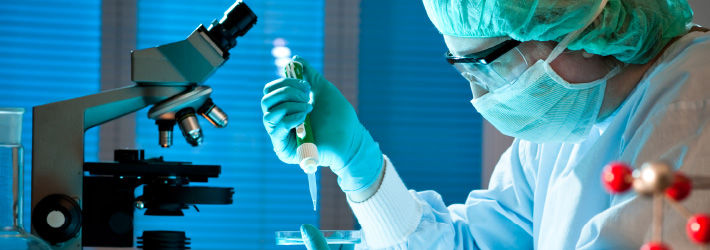Experiments with patented compounds or processes are sometimes necessary for Food and Drug Administration approval of a small-molecule drug, biologic, or medical device. The law exempts certain research and development activities using these patented compounds or processes. The two exemptions are (1) a judicially created exemption developed through case law and (2) an exemption created by the Hatch—Waxman Act (the “safe harbor” provision). This article analyzes the history of these exemptions and how the courts have interpreted their scope and provides future perspectives on protecting research and development activities from liability.



